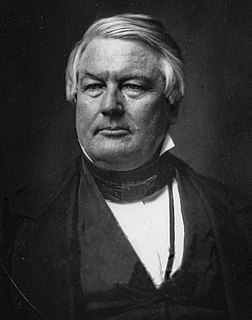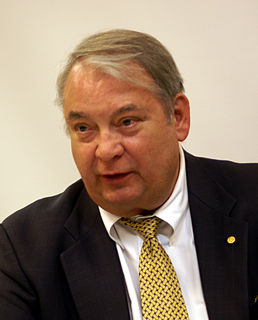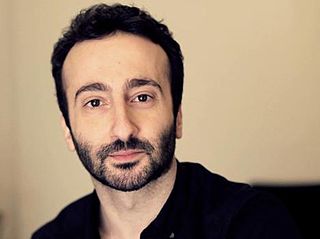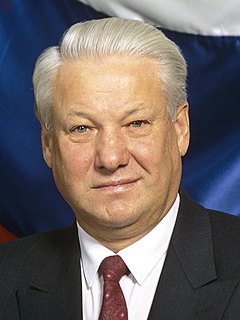A Quote by Millard Fillmore
Let us remember that revolutions do not always establish freedom.
Related Quotes
History reminds us that revolutions are not events, so much that they’re processes – that for tens of thousands of years, people have been making decisions that irrevocably shaped the world that we live in today; just as today, we are making subtle, irrevocable decisions that people of the future will remember as revolutions.
Before, revolutions used to have ideological names. They could be communist, they could be liberal, they could be fascist or Islamic. Now, the revolutions are called under the medium which is most used. You have Facebook revolutions, Twitter revolutions. The content doesn't matter anymore - the problem is the media.
Always tell us where we are. And don't just tell us where something is, make it pay off. Use description of landscape to help you establish the emotional tone of the scene. Keep notes of how other authors establish mood and foreshadow events by describing the world around the character. Look at the openings of Fitzgerald stories, and Graham Greene, they're great at this.
O, heavenly Father: we thank thee for food and remember the hungry.
We thank thee for health and remember the sick.
We thank thee for friends and remember the friendless.
We thank thee for freedom and remember the enslaved.
May these remembrances stir us to service,
That thy gifts to us may be used for others.
Amen.

































